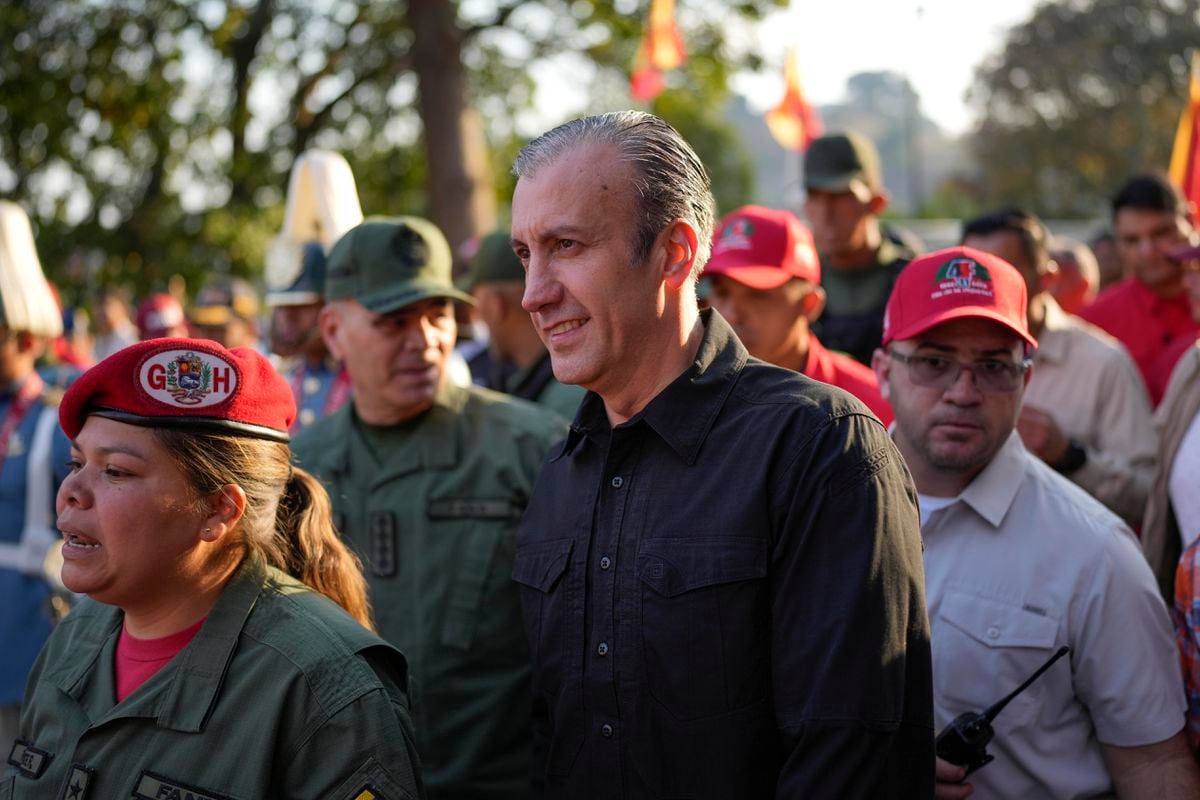The decline of Petróleos de Venezuela SA (PDVSA), the country's state crude oil company, has run parallel to that of the country in recent years. Four directors of the company during Chavismo have been accused of corruption.
Two of them have been sentenced, one is in exile, and another died in prison. The story of Tareck El Aissami, oil minister and trusted man of Nicolás Maduro, who has just been arrested by the prosecution for the diversion of billions of dollars, is not an exception, rather it is a rule. The main source of Venezuelan financing led to a plot of greed and dishonesty. The anti-Chavistas always suspected Ramrez and denounced his corruption until the ruling party acted against him. The administrations of Manuel Quevedo and Asdrbal Chávez passed, apparently without scandals in sight, but they managed an internationally sanctioned company, in need of reform. It's time for a change in leadership. Hugo Chavez used PDVSA's senior management against him. He accused them of deliberately increasing production costs, charging excessive salaries, acting for the interests of transnational companies, and constituting an elite privileged in a society full of needs. The Government wanted to use the company's enormous income to direct it towards social investment, which the managers of the state company were stubbornly opposed to. In a moment of anger, very shortly before the coup that attempted to depose him, he fired all the executives at the national radio and television network, with a helmet on and a whistle in his mouth. The Oil Strike, orchestrated by the anti-Chavista society as an additional effort to remove him from power (December 2002, March 2003), ended up winning the fight against the company's Senior Management (headed then by engineer Juan Fernández), definitively conquering its structures, as well as those of the Armed Forces starting in 2004. By defeating the oil strike against him, Chavez fired several thousand workers who had previously been unknown to him.

